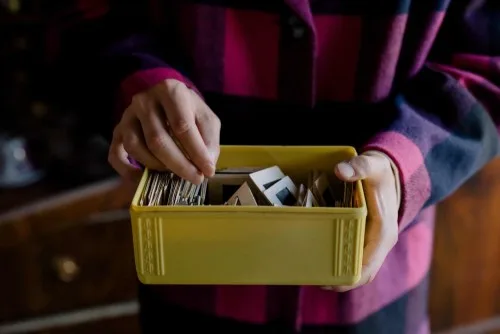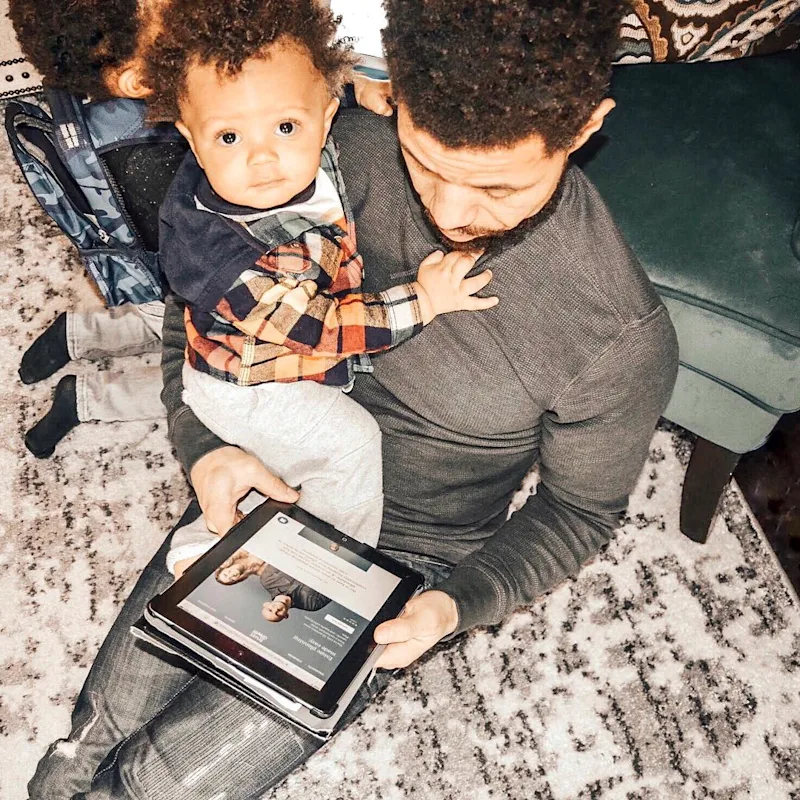
What Happens to Personal Property When a Tenant Passes
It’s important for the tenant and the landlord of rental homes to know what will happen to personal property if a tenant passes away. Keep reading to learn more!

By Staff Writer
Trust & Will
Many of us today rent our homes from landlords, whether that be an apartment, condo, cabin, retirement home, or house. People can be drawn to renting homes instead of purchasing one themselves because it can simplify matters, as it will be the responsibility of the landlord to take care of things like maintenance issues and more. It can also sometimes be more affordable or practical, as you may not be ready to commit to living in one area long term. With so many people today renting their homes, this begs the question for both the tenant and the landlord of how it affects your Estate Plan and what happens to the personal belongings of tenants who have passed.
It is important for both the tenant and the landlord to understand all clauses of a lease including the handling of personal property if a tenant passes away. Here at Trust & Will, we want to help you understand what happens to personal property when a tenant passes, and what the responsibility of the landlord and the deceased’s loved ones will be. Below, we will go over pertinent information each group will need to know.
Following the Death of a Tenant
Following the death of a tenant, it will be necessary for someone to notify the landlord of the tenant’s passing as soon as possible. The responsibility of this task often falls upon either the Executor of Estate or the administrator appointed by a judge during probate court. It is important to notify the landlord as soon as possible so that they can secure the premises of the deceased. As the landlord, you will want to receive this notice of death in writing for your personal records.
Securing the Premises
Once the landlord is notified of the death of the tenant, it will be important to secure the premises of the deceased. They will want to ensure that the door is locked, or even possibly change the locks themselves so that only they have the correct key.
Throughout probate court proceedings, it will be the responsibility of the landlord to keep all personal property secure, as it cannot be moved until the new owners of the tenant’s Estate, including the belongings left in the rental, have been legally determined. It will also be the responsibility of either the landlord or Executor of Estate to check in on the property and ensure nothing is out of order, such as unforeseen plumbing issues that need to be addressed while court proceedings are occurring. Once the probate court process is complete, the premises can begin to be cleared out of all belongings.
Determining the New Owners
After a tenant dies, all assets, also known as personal property, must go to probate court. The assets of the deceased can include anything from jewelry to clothing, cars, furniture, and more. Probate Court is a specialized type of court process whereby the court determines who will take control of the deceased person’s assets as well as the distribution of the property and debts of an individual who has died. The court will recognize either a pre-designated administrator/lawyer chosen by the deceased before they pass, or a court-appointed administrator who will be tasked with representing the deceased and their wishes in court, as well as the Executor of Estate who will be expected to attend court proceedings.
In court, the deceased’s Will and Estate Plan will be reviewed by a judge to determine to who the deceased intended to leave their personal property, making the designated beneficiaries the new owners. If the deceased did not designate a new owner, the administrator and court will work together to determine the best solution. If assets/personal property need to be sold to repay outstanding debt, this will also be determined during probate court. This can often be an expensive and time-consuming process.
Who is Responsible for Clearing Out All Personal Property?
After probate court, the responsibility to ensure that all personal property items are transferred to their new owners often will fall upon the Executor of Estate. However, if one has not been appointed by the deceased prior to their death, the administrator will help facilitate the transfer of larger belongings that require documentation, such as cars. Once all items that are being transferred to a new owner are removed from the rented premises, the space itself will need to be emptied of any remaining items, or a charge to do so may be made by the landlord.
The responsibility of cleaning out the home of the deceased will fall to the Executor of Estate and other family members of the deceased who are willing to help. Often, family members may want to help clear out the premises because there may be irreplaceable family items that will not want to be lost or forgotten and were not included within probate court. For example, there may be cherished family photographs or renowned family recipes within the home of the deceased that you will want to keep within the family.
How Estate Plans Can Help the Transfer of Personal Property
Creating a thorough Estate Plan can make transferring personal property to loved ones and family members much easier and more seamless. Without an Estate Plan, your personal property may end up in the hands of those you had not wanted to have possession of your personal property. Therefore, drafting a comprehensive Estate Plan in accordance with federal and state governments laws, is important. You may be tempted to put off creating your Estate Plan, but unfortunately, you can never know what the future may hold. When it comes to planning your customized Estate Plan, sooner is always better.
Creating a comprehensive state-specific Estate Plan can seem time-consuming and complicated. Trust & Will wants to help make the process of creating your Estate Plan easier. Get started today!
Is there a question here we didn’t answer? Reach out to us today or chat with a live member support representative!
Last updated: March 21, 2025



